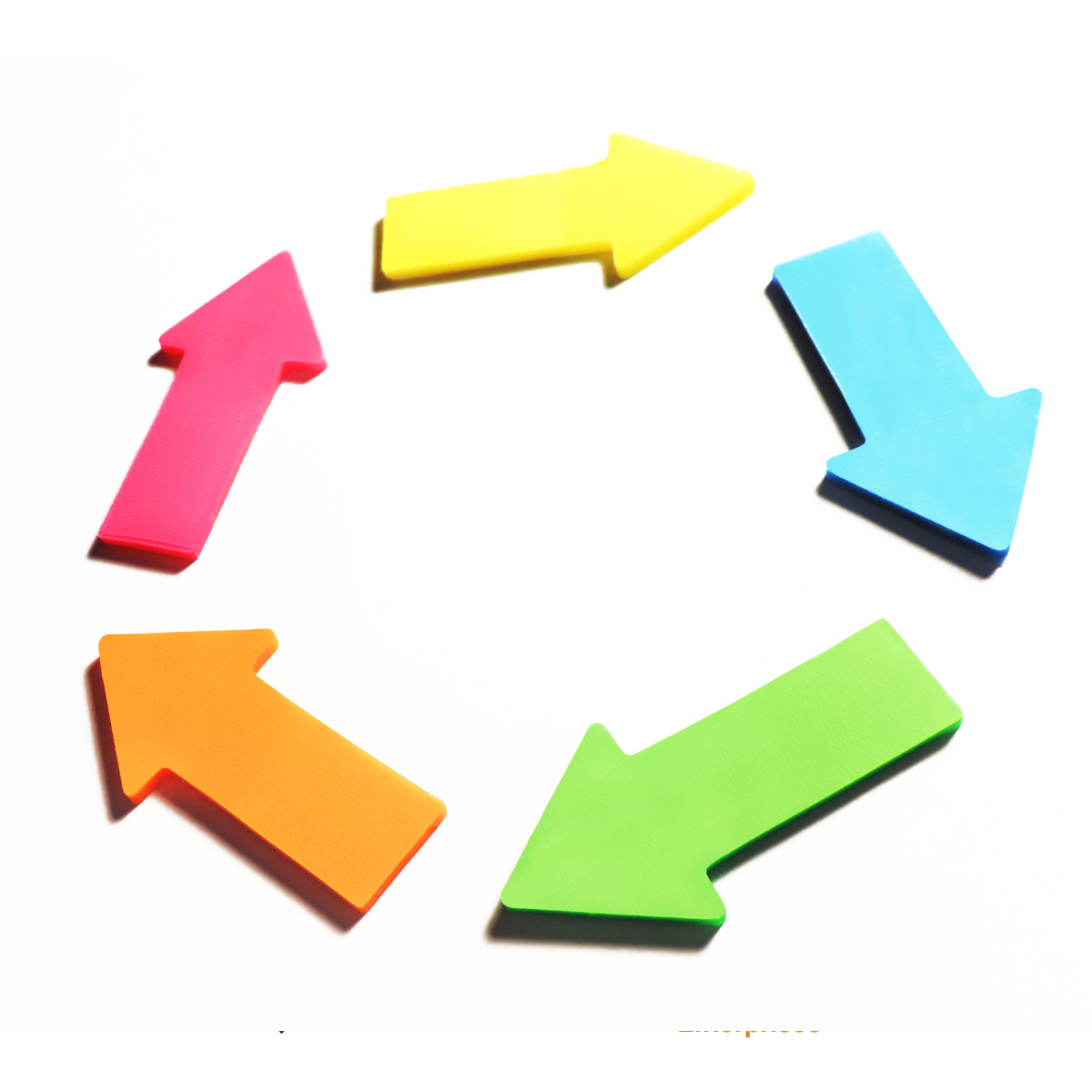Distraction or Opportunity?
You could be missing a key point when it comes to distractions.
Maybe it's because I'm staring at my 60th birthday which is coming up in a few short years. Or maybe it's just my disgust at seeing all of the time and money being left on the table due to distracting interruptions. I don't want to waste another minute of my life nor another dollar of my hard-earned money. Would you agree?
DISTRACTIONS
Historically, we have seen distractions as a bad thing. After all, what is a distraction? It's the opposite of traction. DIS-traction. I am really enjoying the quality posts being produced by Nir Eyal on his site, www.nirandfar.com. Take a look at what he says in this post:
"Distraction is a curse of modern life. Between our cell phones and computer screens, not to mention our kids and coworkers, our attention is constantly being diverted. It can become difficult to focus on any one task—or any one person—for very long.
"If anything, the world is becoming a more distracting place. Technology is becoming more pervasive and persuasive. But hoping tech companies change their ways and your boss finally learns to respect your time may take longer than you’re willing to wait. Better to equip yourself to manage distraction with strategies you can implement right away. After all, although distractions aren’t necessarily your fault, managing them is your responsibility." (source)
Here's where I think we may be mission a key point in the discussion regarding distractions. I'll summarize in two main observations:
- Not all distractions are truly distractions
- What matters is not so much the distractions but what we do when distracted
NOT ALL DISTRACTIONS ARE DISTRACTIONS
Beware, not all distractions are in fact distractions. And I might add, what is distracting to me is not necessarily distracting to you and vice versa. We miss the point when we lump all interruptions into the same category. When we do that, we jump to conclusions and miss the rich new awareness that an interruptions may hold.
For example, let's say I'm trying to figure out the solution to a problem one of my clients is wrestling with. It's taking all my mental capacity and I'm getting tired. Suddenly a child interrupts me with the knock on my door. She's selling Girl Scout cookies. You might think this is further keeping me from being part of my client's solution. But wait, there's more going on.
First of all, the child's exchange of lemon filled cookies for a few bucks has given my mind time to rest from the engagement of the problem at hand. It's like putting down the weights for a moment or two between reps. The muscles have a chance to catch up.
Secondly, let's surmise that something occurred in the exchange of cookies for dollars that contained the very essence of the client's solution.
Now, was the child's interruption a distraction? I think not.
IT MATTERS HOW DISTRACTIONS ARE HANDLED
When a potential distraction comes to you, it matters what you do with it. The sooner you can determine if it's truly a distraction and not an opportunity, the sooner you can take the necessary steps. Here is a subtle but power shift in the questioning you can use when a new thought or suggestion comes along:
Don't ask "yes/no" questions. They constrict your options. When you ask, "Is this a distraction?", you only have 2 options. Either you determine it is a distraction or it's not. That's it. Even though it may in fact be a distraction, you could be missing hidden parts of the distraction that can be useful for your journey.
Instead, ask "how" questions. For example, when you ask, "How could this distract me from my objectives?" or "How could this contribute to my journey?" you can see how many more options open up to you.
Of course, it helps a great deal to already have a sense for where you're headed. That way, you have a backdrop to evaluate opportunities and distractions with greater clarity.
ACTION STEP
- List the top 3 distractions you typically fight along your journey of excellence.
- Take another look at them and ask yourself, "How could this help me in my journey?"
Share with others













